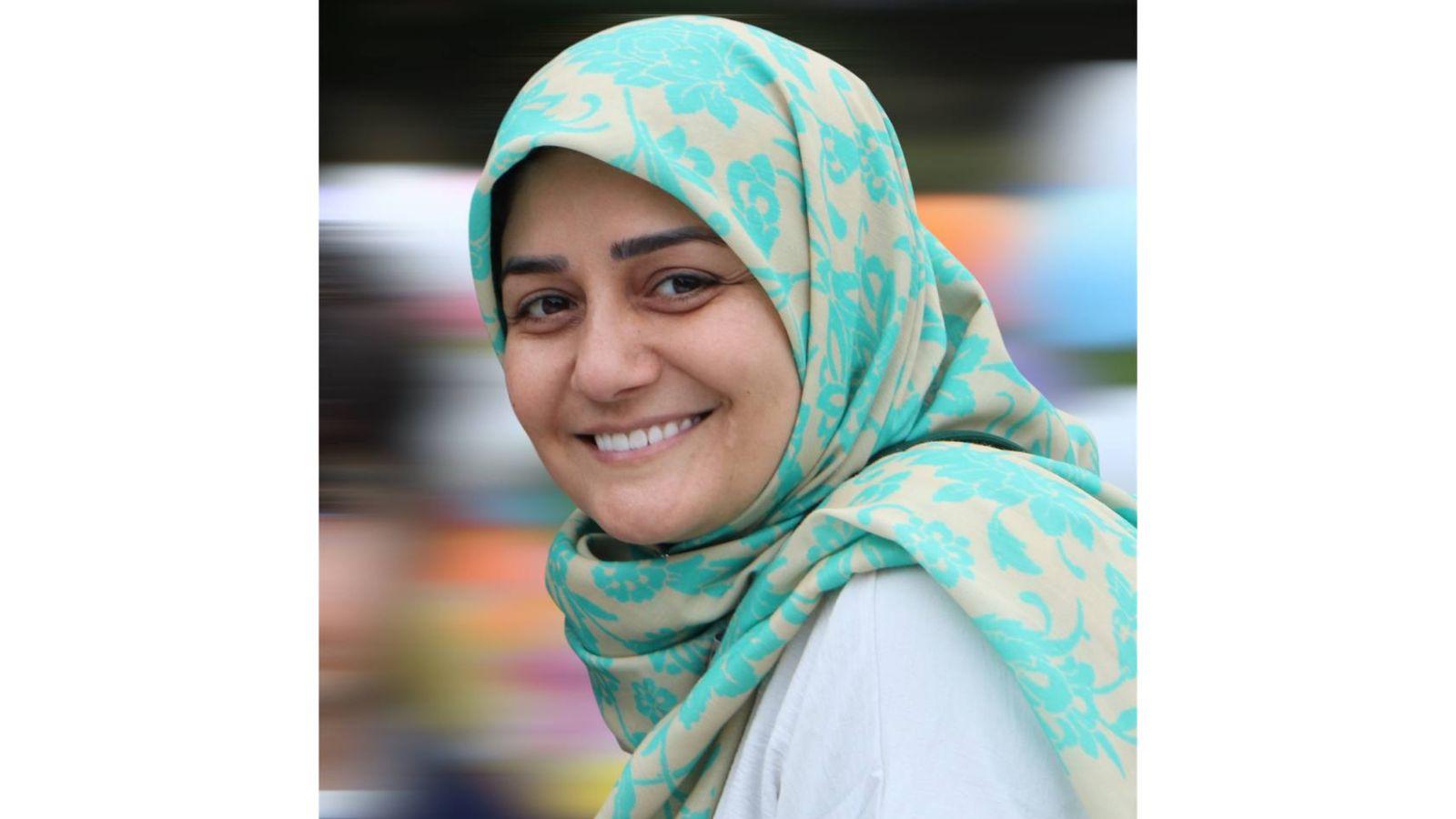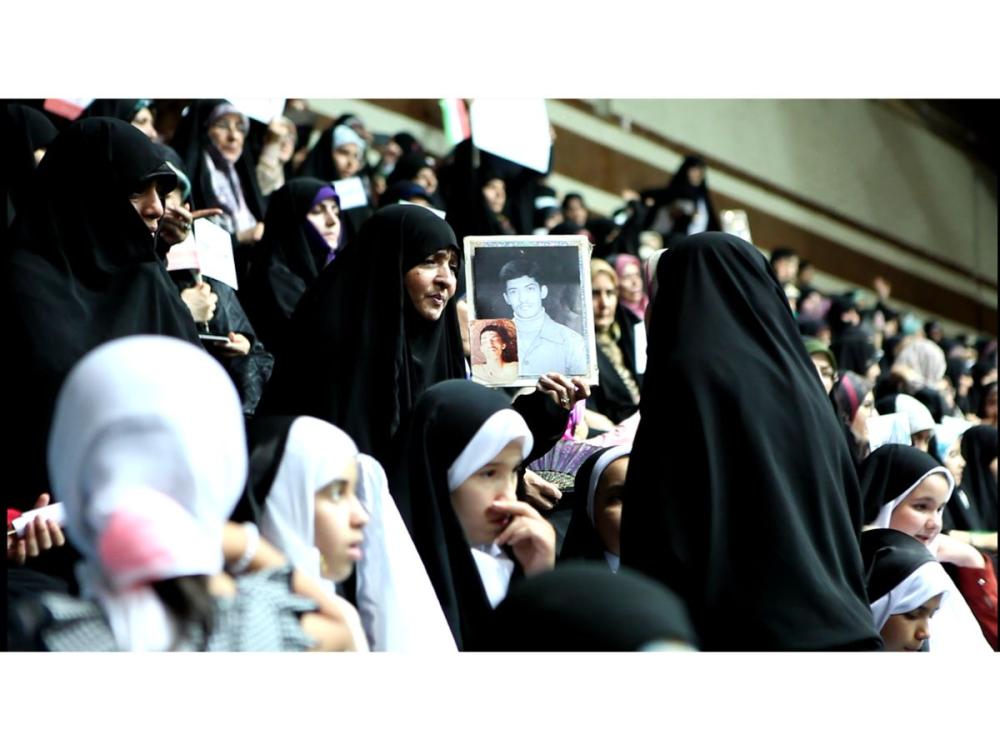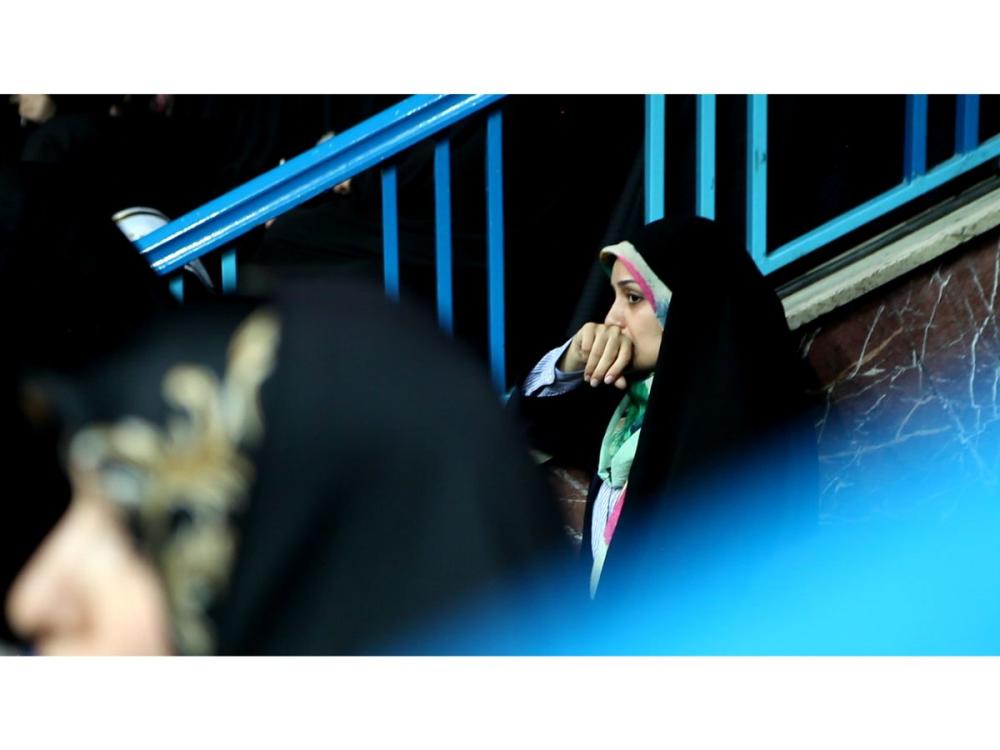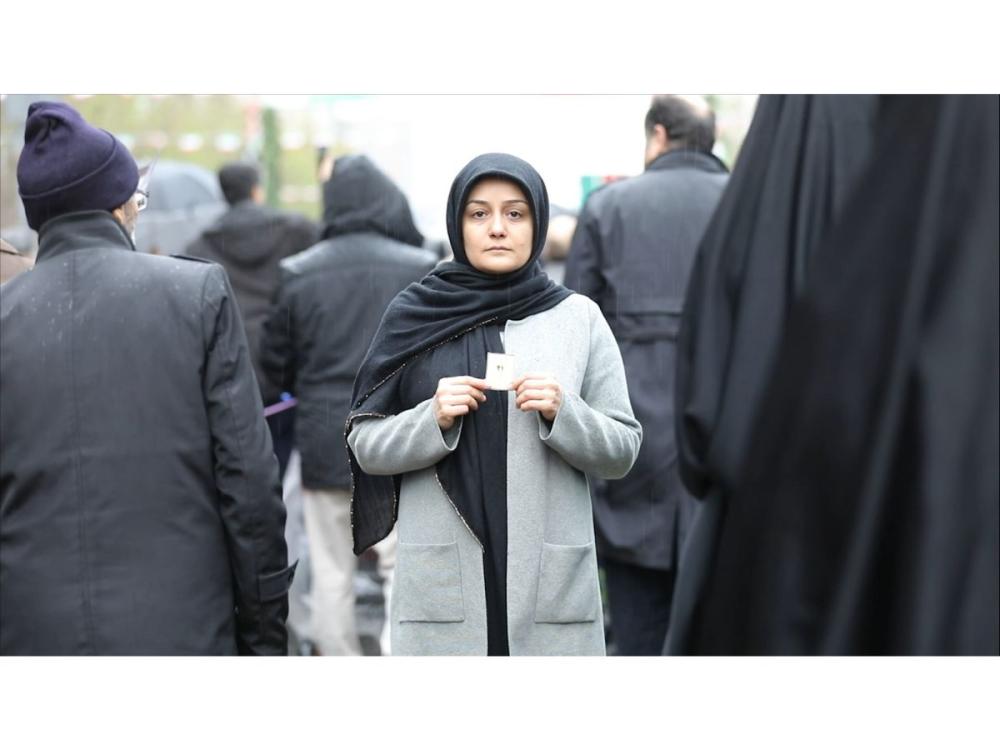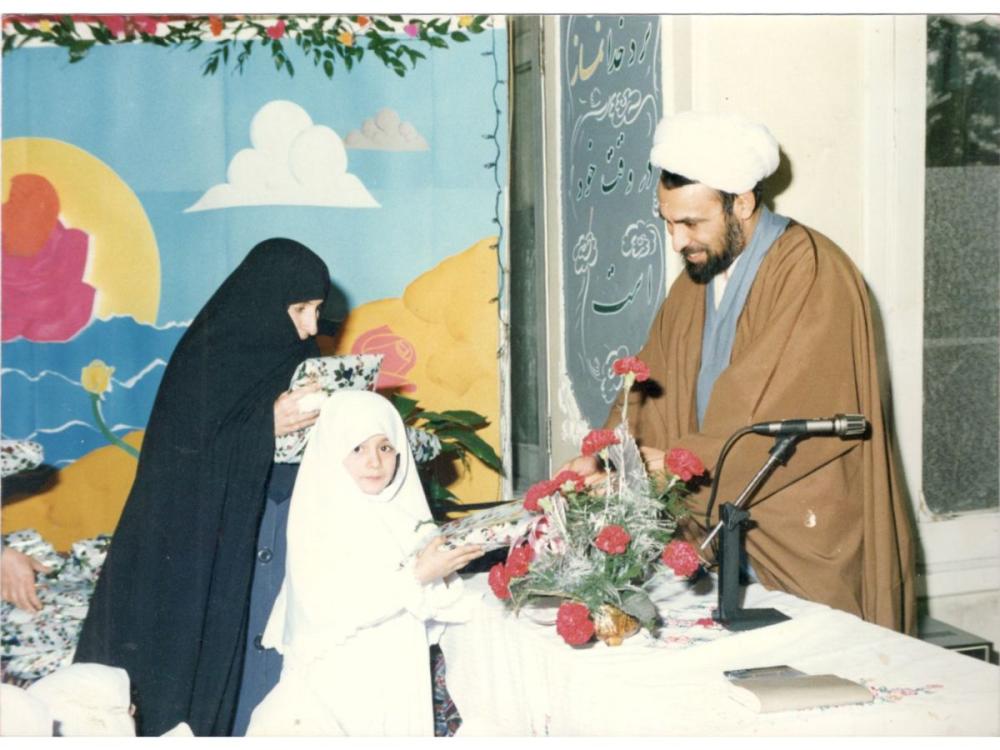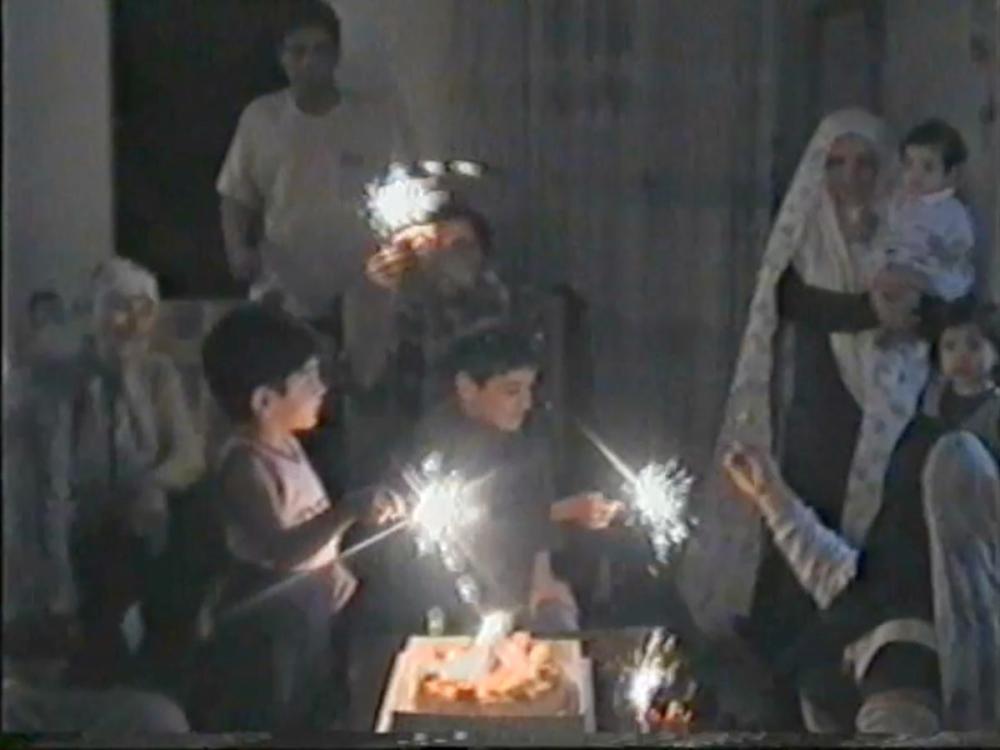A documentary by an alumna of the MA Film Directing course at Edinburgh College of Art (ECA) has been listed as a finalist in the prestigious Student Academy Awards.
Maryam Haddadi’s film, Accused Number 41, tells of her arrest by Tehran’s morality police, and the reflections it prompted about her inner relationship with the hijab.
The Academy, which also presents The Oscars, will announce the winners of its student awards in October. The shortlisting comes after the film won the Student award at the One World Media Awards in June.
Maryam, who graduated in 2024, said: “Accused Number 41 is a self-portrait documentary that follows my personal journey, centred around my arrest by Tehran’s morality police—despite wearing the hijab in what I believed was the ‘correct’ way. This incident led me to revisit memories of my childhood, the Islamic Revolution, and my evolving relationship with the hijab. It’s an intimate exploration of identity, control, and resistance, told through a blend of memory, archive, and abstract imagery.
“This story is deeply personal. In Iran, discussions around the hijab often focus on political or religious dimensions, but rarely do we hear about how it shapes women’s inner lives. I wanted to break that silence and reflect on my own lived experience. The hijab, in this context, isn’t just a piece of clothing, it becomes a symbol of how women’s bodies are politicised, controlled, and misrepresented.”
Most of the film was shot in Iran, despite the difficulty of filmmaking in the country.
Maryam said: “It wasn’t easy under the circumstances. But in many ways, the structure, narrative, and creative approach to the documentary really came together during the course at ECA. I’m certain that if I had edited the film before doing the Directing course, it would have turned out completely different, and honestly, not nearly as strong.
“The backbone of the film was formed at ECA, and that structure helped me shape the story using both the footage I had managed to shoot with great difficulty in Iran, and also personal family archives I had. The course gave me the tools to weave all of that together into a coherent narrative.
“At ECA, I also learned how to develop a visual language that could connect with international audiences, people who might not have any prior knowledge of Iranian culture or context. The course was thoughtfully designed, contemporary, and highly structured. From early ideation to final production, every stage was supported. Watching and discussing international films in class forced me to look at my own project through the eyes of others, which was incredibly helpful.
“Also, the international atmosphere at ECA, with classmates from diverse backgrounds, really opened my perspective. Hearing different viewpoints during group discussions helped me reflect more deeply on my own assumptions and storytelling choices.”
She added: “It’s incredibly emotional and rewarding to see the film doing well. I’ve poured my heart into this project, and to see it resonate with audiences means a lot. It feels like all my efforts have been seen and acknowledged, not just for myself, but for so many others who share similar stories.”


